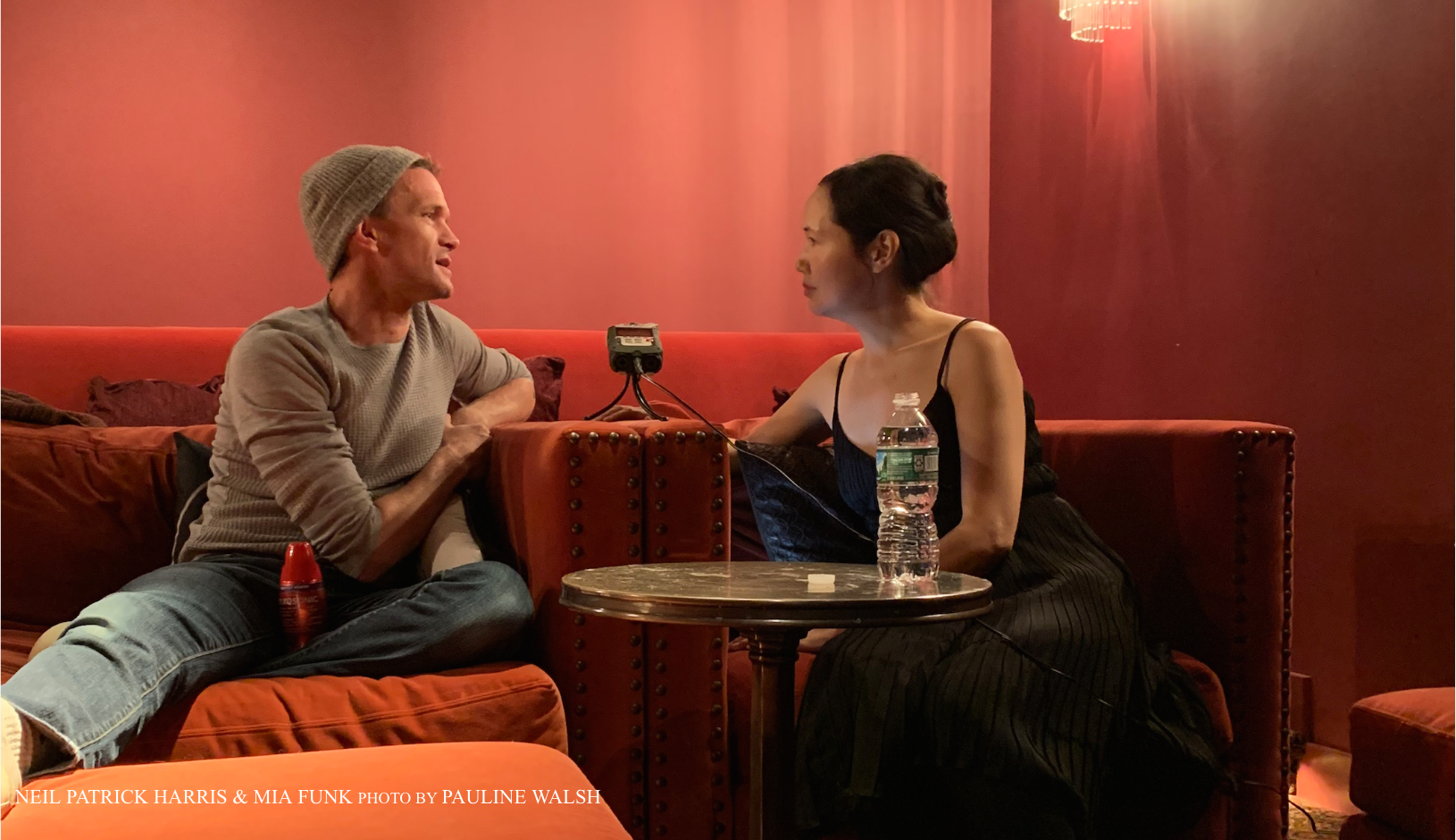BENOIT DELHOMME
/Award-winning Cinematographer of At Eternity’s Gate starring Willem Dafoe
The Theory of Everything starring Eddie Redmayne · The Scent of Green Papaya · Minamata
Artist Painter · Director
If you want to do your art well, you need to have some pleasure. If talking is not a pleasure, it's horrible. And when filming on a set is a bad experience, it's one of the worst things in life. As a cinematographer, if you can't make what you do personal to you, there is no soul. You need to make it personal. I certainly like a handheld camera, It's a bit like playing a saxophone. It's like the pace of walking or how I stop or I decide to go closer to the actor or to take more distance is so free. No one is telling me to go one step forward or one step back. I have to decide on the spot. So there certainly a freedom like a painter with a brush. It's nice because you have even the vibrations, your rhythms, the actor's rhythms. It's this dance.



















